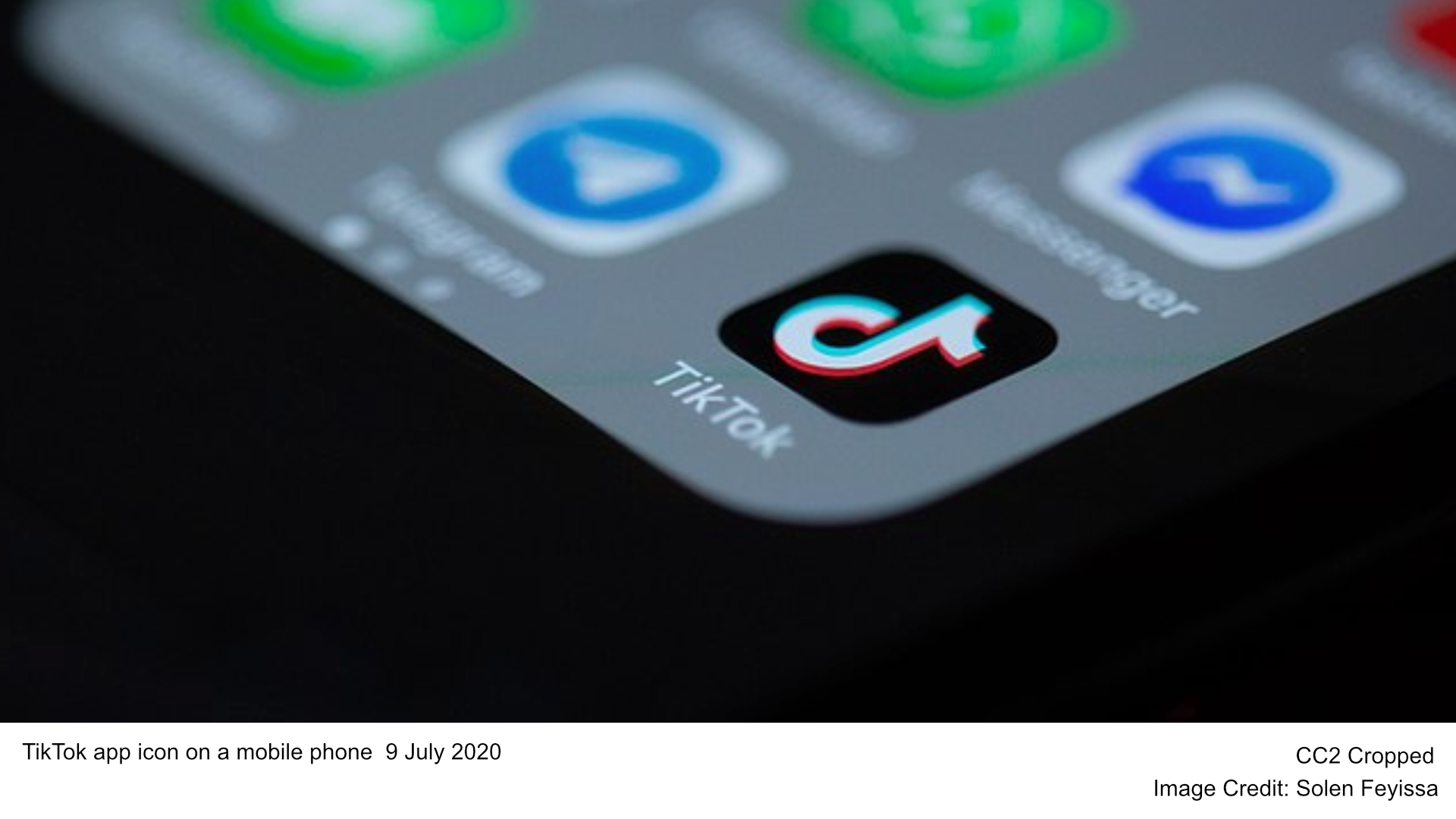President-elect Donald Trump and other key figures await the Supreme Court’s decision on a law that could ban TikTok in the United States. This contentious issue has garnered national attention, as the outcome could affect millions of American users and content creators.
- TikTok Ban Law: A law requiring ByteDance to sell its U.S. operations or face a ban has reached the Supreme Court, sparking national debate over data privacy and free speech.
- National Security Concerns: The U.S. government argues that ByteDance’s ties to China pose risks of data misuse and propaganda, while TikTok disputes these claims as unconstitutional.
- Supreme Court Scrutiny: Justices are weighing arguments on both national security and First Amendment rights, highlighting the tension between government regulation and individual freedoms.
- Bipartisan Support: The legislation has bipartisan backing, with President Biden signing it in April. President-elect Trump has shown interest in exploring a diplomatic resolution.
The law, scheduled to take effect on January 19, requires ByteDance, TikTok’s parent company, to sell its U.S. operations or face a shutdown. The U.S. government argues that ByteDance’s connections to China present a national security risk. Officials fear that the Chinese government could misuse TikTok to access sensitive data or spread propaganda.
TikTok, however, disputes these claims, asserting that the law violates First Amendment rights. The platform’s legal team, supported by various content creators, argues that a ban would disrupt livelihoods and stifle freedom of expression.
During the Supreme Court hearing, justices questioned both sides extensively. Chief Justice John Roberts and Justice Brett Kavanaugh expressed concerns about national security and data privacy. TikTok’s lawyers countered by emphasizing the app’s role in fostering free speech and community building.
The case has sparked a rare bipartisan consensus in Congress, with lawmakers from both parties advocating for the law’s passage. President Joe Biden signed the legislation in April, marking a significant moment of unity on national security issues.
Adding to the complexity of the situation, President-elect Trump has shown interest in negotiating a resolution for TikTok. His involvement comes despite his previous stance favoring a ban. Trump recently met with TikTok CEO Shou Zi Chew, signaling potential for a diplomatic solution.
The Supreme Court’s decision will have significant implications for digital platforms and their operations in the U.S. It highlights the ongoing struggle between protecting national security and preserving individual freedoms in a digital age.
As the nation awaits the court’s ruling, the outcome could set a precedent for how the U.S. handles similar cases in the future. The decision will impact not only TikTok but also the broader discourse on technology, privacy, and government regulation.







Be First to Comment